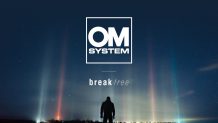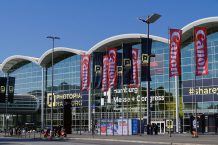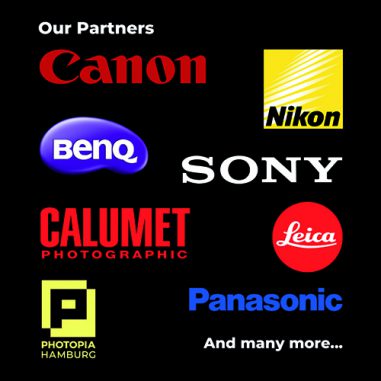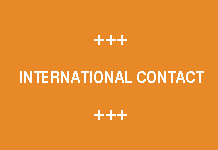The two recipients of this year’s Ricoh Sustainable Development Award are Andrew Kipling Miller of Western Alliance High School in Elton, N.C., and Hetal Anjibhai Vaishnav of Late Shree S.G Dholakiya Memorial High School in Rajkot, India. Both projects have patents in progress.
Miller perfected a way to boost power production from wind turbines. Mimicking the design of whale fins and using principles of aerodynamics, he designed and strategically placed protuberances or ‘bumps’ on turbine blades to more effectively capture wind power. The result is up to 40 percent higher energy output on the test windmills and the potential to expand the use of wind as an alternative energy source, particularly in areas with low to moderate wind speeds. His design also lowers the noise output of wind turbines, making them more attractive for use in densely populated suburban areas.
Vaishnav developed a way to convert typically non-recyclable multilayered film plastic, typically used for snack packaging such as potato chip bags, into recycled composite materials. Her composites are more durable, water resistant and less flammable than virgin plastics, plywood and other building materials. Consequently, Vaishnav’s invention has the potential to replace and out-perform these items while also diverting materials from landfills. Along with being economically efficient to replicate in mass production, her methodology uses no solvents, adhesives or binders and releases no toxic gases.
"Protecting the environment is critical to us at Ricoh, and we are proud to support the Intel International Science and Engineering Fair which encourages innovation in sustainability," said Robert Whitehouse, director, Environmental Management and Product Compliance, Ricoh Americas Corporation. "Both winners exemplify the principles of sustainability as they developed efficient, cost-effective and readily applicable improvements that will no doubt advance the business of environmental technology."
The Intel ISEF, presented by Agilent Technologies, provides a forum each May for more than 1,500 high school students (grades 9-12) from more than 50 countries to showcase their independent research. Each year, millions of students worldwide compete in local and school-sponsored science fairs. The winners of these events go on to participate in Intel ISEF-affiliated regional and state fairs from which the best win the opportunity to attend the Intel ISEF. A team of five judges from academia and business selected the winners of the Ricoh Sustainable Development Award.





